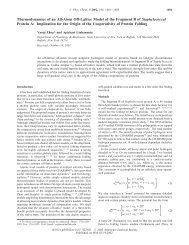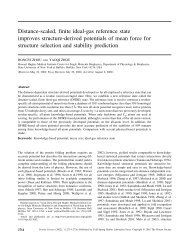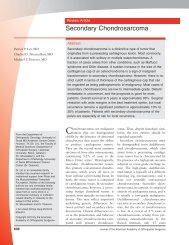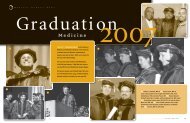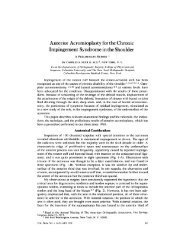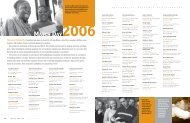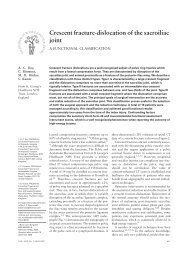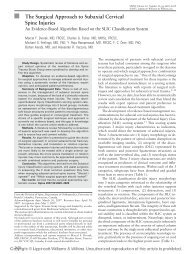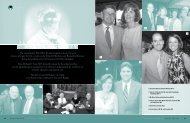Download Residency Training Program PDF - Ross Eye Institute
Download Residency Training Program PDF - Ross Eye Institute
Download Residency Training Program PDF - Ross Eye Institute
Create successful ePaper yourself
Turn your PDF publications into a flip-book with our unique Google optimized e-Paper software.
I. STATEMENT OF PURPOSE<br />
The primary purpose of the <strong>Residency</strong> <strong>Training</strong> <strong>Program</strong> is to train<br />
knowledgeable, skilled, and compassionate clinical ophthalmologists. Experience<br />
in teaching and research is also provided. It is expected that the graduating<br />
residents will be exceptionally well-prepared to practice general ophthalmology<br />
or carry on in further subspecialty training.<br />
One of the major strengths of the program is the opportunity for residents to<br />
participate in a full range of subspecialty services where state-of-the-art care is<br />
given and to work directly with the staff. In order to maximize the value of that<br />
experience, the program is designed with a graduated clinical course. The first<br />
year is devoted primarily to learning the skills and developing some competency<br />
in general ophthalmic care. The subsequent years build on this with subspecialty<br />
rotations.<br />
The basic academic design of the subspecialty rotation is a preceptorship. The<br />
experience is clearly best when the staff and resident can learn and deliver care as<br />
colleagues. The development of such a relationship requires a serious<br />
commitment on the part of both staff and resident and a fundamental recognition<br />
of the importance of offering the highest quality care to the patient.<br />
Although a very considerable amount of information is presented in formal<br />
lectures and preceptorships, independent study of texts and journals is mandatory<br />
to supplement this. The ability to critically read and evaluate the ophthalmic<br />
literature is necessary to the continuing education of an ophthalmologist.<br />
Providing top-quality medical and surgical care is a priority of the department of<br />
ophthalmology at the University at Buffalo and participation in this care is an<br />
advantage of the residency program. While some of the surgery is beyond the<br />
scope of residency training, most of it is not and participation is largely<br />
determined by the skill of the resident. Development of technical skills and<br />
surgical judgement is one of the major objectives of the program. In order to<br />
make this learning experience compatible with optimal patient care, lectures,<br />
videotapes and microsurgery lab experience are provided in addition to operating<br />
room experience.<br />
Preservation of the essential ethical values and dignity of patients, colleagues and<br />
self is important to the residency program. Respect for this tenet must be<br />
unequivocal and uncompromising.<br />
In summary, the goal of the residency program is to provide an environment in<br />
which compassion and intellectual curiosity can be combined with a practical<br />
application of increasing skills and knowledge to prevent, diagnose, and treat<br />
ophthalmic disease.<br />
2



